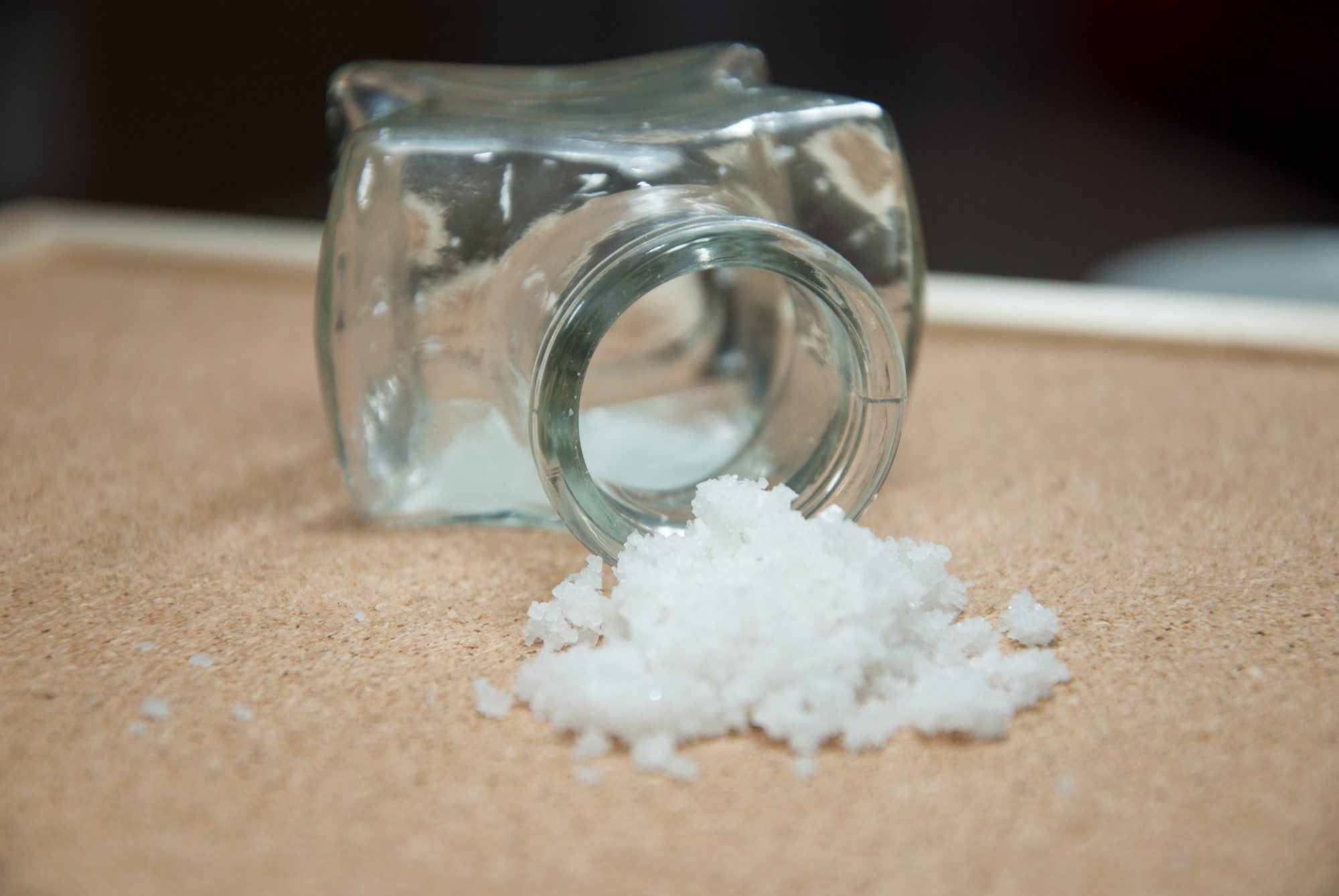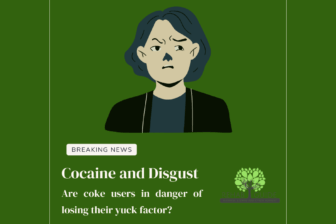Bath Salts (Legal High) Causes Psychosis
The detrimental effects of bath salts
Abusing bath salts can cause various forms of psychosis or severe neurosis.
As of May 2016, bath salts were made illegal in the UK and fell under the Psychoactive Substances Act 2016. Even before this, the powder form was made illegal in April 2010 under the Misuse of Drugs Act 1971.
However, as you may already know, bath salts usage is still quite prevalent in the nation. Are you interested in learning more about this substance? Then keep reading.
In this article, we’ll discuss everything you need to know about bath salts. This includes the effects, symptoms, the pattern of abuse, and what treatments are available.
What Are Bath Salts?
What is the drug called bath salts? They are considered a type of recreational designer drug, and generally appear as a white powder but can be granules or crystals, which means they can resemble Epsom salts. Some street names include Cloud Nine, monkey dust, Vanilla Sky, White Lightning, Bliss, and Lunar Wave.
One of the main ingredients is the chemical MDPV or methylenedioxypyrovalerone. It is a cathinone; other popularly used cathinones in bath salts include methylone and mephedrone. MDPV is more commonly found in the US while mephedrone is more commonly found in Europe.
However, it wasn’t until 2004 that people started selling it as a designer drug in the US. It finally made its way over the pond over to the UK in the early 2010s.
MDPV was sold as “bath salts” as an inconspicuous way to get these substances out, as they were considered a “legal high.” Other common labels included research chemicals, glass cleaner, jewellery cleaner, and plant food.
However, this didn’t mean that they were safe in the slightest, as users still were at risk for suffering from serious side effects (more on this later).
Up until 2016, bath salts were legal. In fact, manufacturers circumvented laws by labelling their products as “not for human consumption.” This allowed them to continue selling bath salts under the guise of things such as glass and jewellery cleaners.
Are They the Same as Regular Bath Salts?
So is bath salts actually bath salts? The answer is no.
As we’ve mentioned above, manufacturers labelled their products in numerous ways to sell these substances without blatantly advertising legal highs. At first glance, the legal high might resemble actual bath salts. However, this is where the similarities end.
The bath crystals drug has cathinones while the actual bath product has harmless ingredients, such as essential oils. And while you’d ingest the drug, the bath product is for external use only. And obviously, both have very different effects!
Can You Buy Bath Salts?
If you’re referring to regular bath salts, then, of course, you can buy them. They should be available in any beauty shop for therapeutic reasons.
However, you won’t be able to buy the “legal high”; at least not legally. Based on the current rampant street use of bath salts today, you’re still able to buy bath salts, usually from illicit street dealers.
Bath salts were already dangerous enough before, but if you buy them from street dealers, you never know what else your drugs are cut with. Plus, the chemistry is always changing, so you never know exactly what you’re getting, nor can you ever get a consistent dose.
How Do People Use Bath Salts?
They can be used in a number of ways. It can be ingested, snorted, injected, or smoked.
It’s also commonly used in conjunction with alcohol. Studies show that this is because alcohol actually enhances the effects, which can encourage people to use both at the same time.
What Do Bath Salts Do?
One of the main reasons why people take them is because it creates a feeling of euphoria. This is because synthetic cathinones make your brain release dopamine, a feel-good hormone and neurotransmitter.
In fact, bath salts can release 10 times more dopamine than cocaine, affecting dopamine release and reuptake.
Another reason is it’s very cheap, meaning you can get high multiple times for less money.
There’s very little research into how they affect the brain. Scientists do know that they’re chemically similar to other drugs like MDMA and cocaine and methamphetamine.
When ingested, they can cause a number of physiological effects, such as raised heart rate and blood pressure. Bath salts are reported to have a high potential for abuse and subsequent addiction.
Effects and Symptoms
As we’ve already said above, bath salts can create a feeling of euphoria for users. But that can quickly wear off.
Some noticeable effects and symptoms of using bath salts include:
- Hallucinations
- Increased libido
- Paranoia
- Anxiety
- Depression
- Aggression
- Insomnia
- Thoughts of suicide
- Excited delirium
Most of these symptoms actually happen in the withdrawal phase, when the pleasant effects are wearing off. While still experiencing ‘the high’, people exhibit erratic behaviours.
The Dangers of Bath Salts
Getting a bath salts high certainly isn’t worth the dangers they come with. Again, you never know exactly what you’re getting, nor do you know what the doses are. This means that every time you do bath salts, you’re taking a gamble.
In any case, when you use these drugs on a long-term basis, you can end up with permanent brain damage and/or psychosis. Plus, this is an addictive drug that causes very unpleasant side effects when you’re going through withdrawal.
Not to mention, the excited delirium phase is very dangerous. This is a state where you’re violently agitated.
Not only that, but your body can also experience dehydration, kidney failure, and rhabdomyolysis (muscle tissue breakdown). Any of these 3 can have fatal results.
Lastly, because the user is likely to have erratic behaviours, they might end up harming either themselves and/or others. They might take actions they normally wouldn’t due to the hallucinations and other effects they might be having on them.
Signs of Bath Salts Abuse
If someone you know is sniffing bath salts, it’ll be very apparent due to the street drug’s effects we listed above.
Plus, if they’re addicted, they may exhibit other behaviours that might concern you. For example, they might stop participating in regular non-drug activities, stop going to school or work, and even steal from others to fund their drug habit.
Because they can cause insomnia, you might notice that they stay up late and sleep all day. And because this drug is a stimulant, it can negatively affect their appetite, causing them to lose weight rapidly.
Treatments
Thankfully, if you or someone you love is abusing bath salts, there’s still hope. There are several treatment options available; mainly inpatient and outpatient rehabilitation.
Read on to find out more about each.
Detox
Before receiving actual addiction treatment, you need first to detox. This is where you rid your body of all traces of the substance of choice.
With a medical detox program, you’ll receive professional help withdrawing from bath salts with sedatives such as benzodiazepines and psychological care.
Inpatient Rehab
After you’re done detoxing, you can check into inpatient rehab. You’ll live at the facility for the entire duration of treatment for the best outcome possible.
Here, you’ll receive a wide variety of therapies, including individual, group, and cognitive behavioural therapy. It’s a holistic approach to figuring out why you use bath salts and how to avoid succumbing to triggers once you’re out of rehab.
Outpatient Rehab
You’ll receive basically the same services as in inpatient rehab, but on a more part-time basis. This more affordable, but it also allows you to keep up with prior responsibilities, such as work, school, and/or childcare. However, there may be situations where they might experience temptations to use drugs again.
Aftercare
Aftercare is there to help you navigate life when you get out of treatment. These professionals can help you avoid relapse and stay on the road of sobriety.
Get Treatment for Bath Salts Abuse
Now you know all about the various effects, as well as signs of abuse and what treatments are available. Whether it’s yourself or a loved one, it can be difficult dealing with addiction and abuse. But know that help is always one step away.
When you’re ready for it, Rehab Guide is here to assist you. We have various rehabilitation centres all throughout the UK, so rest assured that you or your loved one has easy access to the help you need.
So are you ready to embark on the journey to sobriety? Then get in touch with us today. Our team is standing by to give free advice and assistance.





